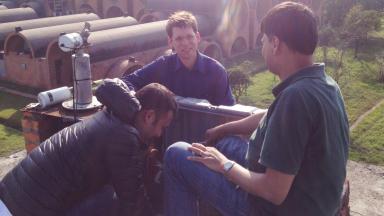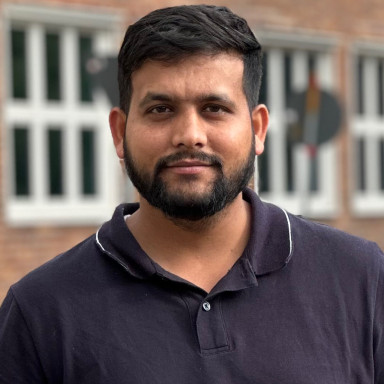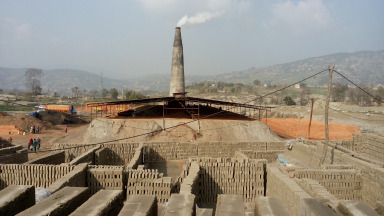Regional Air Quality and Climate in Southern Asia

The NICAS-Himalaya group investigates the sources and impacts of air pollution as well as strategies for its mitigation with a primary focus on the Himalayan region in Southern Asia. This region is endowed with rich natural ecosystems and resources, and a cultural heritage of global importance. However, new challenges arising from rapid population growth, urbanisation, economic development, climate change, and air pollution within and beyond the region are posing serious threats to the environment and socio-economic development. Air pollution due to growing emissions within and upwind of the Greater Himalayan region has become a major environmental and societal problem. The latest scientific evidence suggests that reducing both greenhouse gas and air pollutant emissions is critical to curbing climate change, safeguarding human health, and guaranteeing water and food security in the region.
The NICAS-Himalaya group is carrying out research to gain a holistic understanding of the scientific and societal knowns and unknowns about air pollution and (co-)designing solutions that are informed by sound science and local specifics. This will ensure that the adopted strategies are appropriate to particular contexts. The group's research activities include atmospheric observations, the development of a comprehensive emissions inventory and future emission scenarios, atmospheric simulations using regional chemistry-transport models, as well as surveys and dialogues. The group believes in combining science with local values and knowledge in order to co-create transformative pathways to reduce air pollution and support the implementation of air quality strategies on the ground. To this end, it cooperates with key stakeholders in academia, political institutions, government agencies, civil society organisations, and the business community, as well as regional and international partners, to understand challenges and generate potential solutions.








